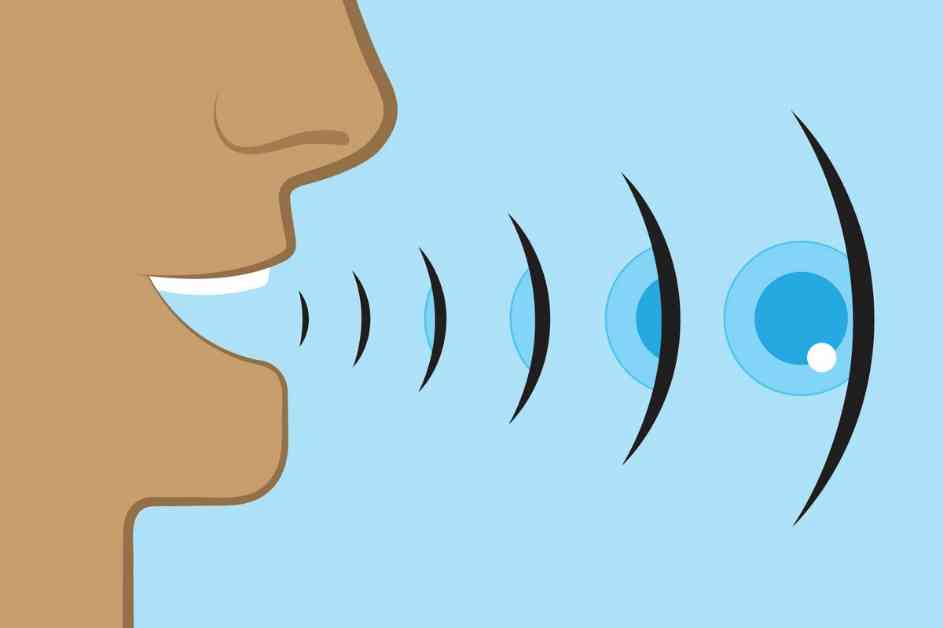Human echolocation is a fascinating skill that allows some individuals to navigate their surroundings using sound, even if they are blind. Recent research has shown that expert echolocators use parts of their brain’s visual cortex to process the sounds they hear, challenging traditional beliefs about sensory processing.
A study conducted in 2021 by neuroscientist Lore Thaler and her colleagues demonstrated that both blind and sighted individuals could learn echolocation in just 10 weeks of training. The participants were taught to produce mouth clicks and then trained on tasks involving object size, orientation judgment, and navigating virtual mazes using echo sounds.
Interestingly, brain scans before and after the training revealed that both groups showed increased activation in the auditory cortex in response to sound, as well as higher gray matter density in auditory areas. Surprisingly, both blind and sighted participants also exhibited activation in the visual cortex in response to audible echoes after the training, indicating a cross-sensory processing mechanism.
The findings of the study suggest that echolocation is a trainable skill that can benefit both blind and sighted individuals. Santani Teng, a psychologist studying echolocation, notes that this research adds to the growing evidence that echolocation is a valuable tool for spatial awareness and independence.
Moreover, a follow-up survey conducted three months after the initial study found that 83 percent of blind participants who learned echolocation reported improvements in independence and well-being. This highlights the practical benefits of acquiring this skill for individuals with vision impairments.
Moving forward, the researchers are aiming to make echolocation training more widely available to those who could benefit from it. Thaler emphasizes that echolocation is a powerful sensory tool that can enhance the lives of people with vision impairments by providing them with greater independence and spatial awareness.
In conclusion, the study on echolocation provides valuable insights into the brain’s ability to adapt and repurpose sensory regions for new skills. By challenging traditional views on sensory processing, this research opens up new possibilities for individuals with vision impairments to enhance their spatial awareness and overall well-being through the learning of echolocation.



















